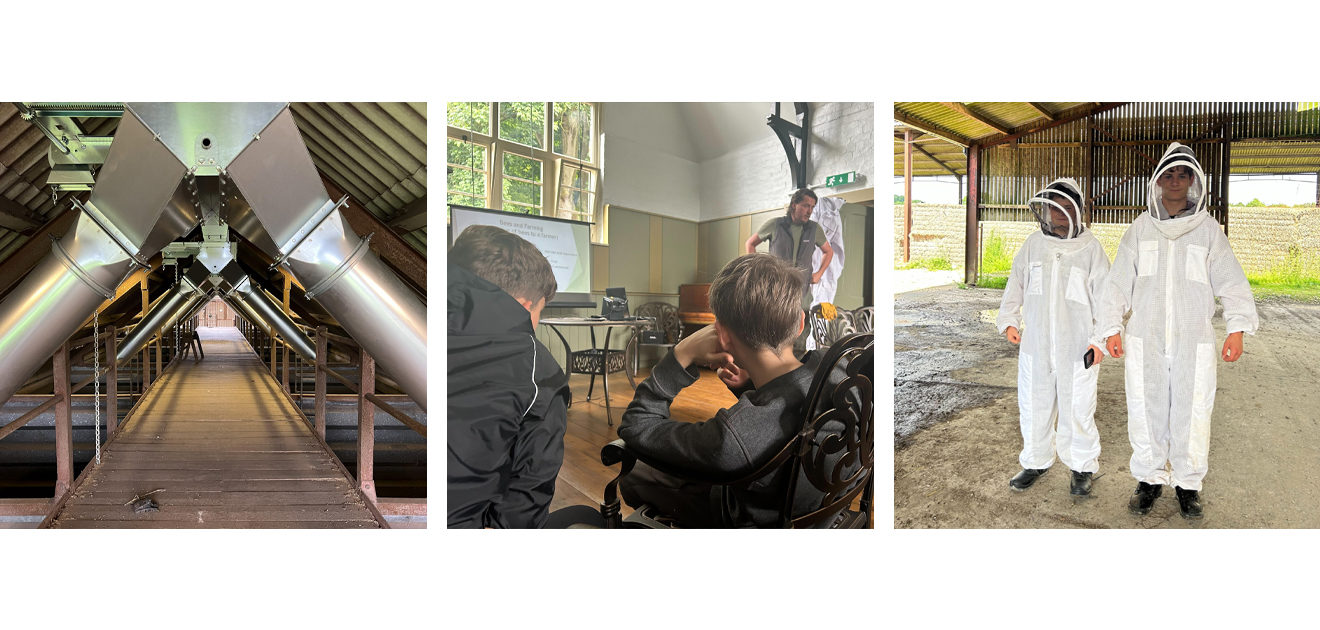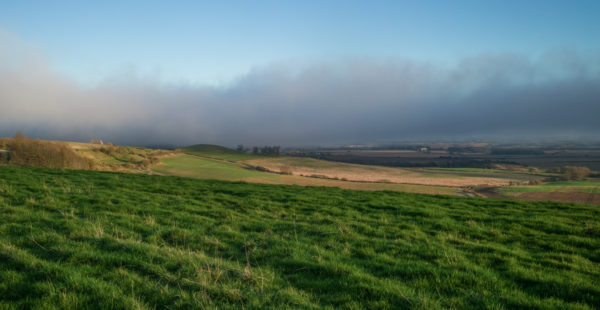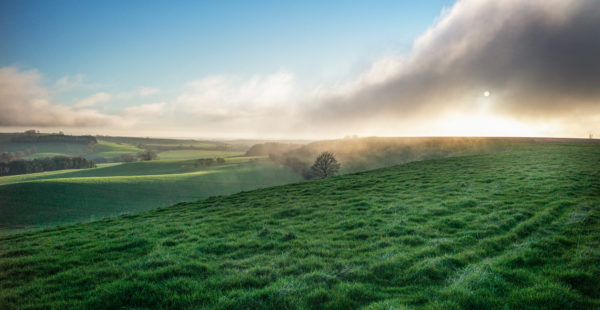A Week on the Estate: Kinked Jetstream, Grain Cyclone & Sporting Weekend
This time two years ago, a gruelling heatwave was building up. It would linger and intensify, culminating in a record high of 40.3C at Coningsby (17 miles from our doorstep) at 4pm on 19th July 2022. This time one year ago, we were recovering from a notably hot and dry June and had swapped decisively from high pressure to low, with grey skies, showers and highs of 20C. Summer 2023 would go out blazing, however; for the first time ever, the UK saw daily temperatures above 30C for six consecutive days in September.
At the time of writing, we appear to be stuck with another predictably unpredictable summer. Leaden overcast, lots of drizzle and a temperature range of 16C-10C will linger until Saturday, after which we may see a bit of sunshine and daily highs above 20C. According to the Met Office, several forces are at play. Climate change is making its presence felt and we’re becoming accustomed to hotter summers, after which anything else feels cool. A warmer climate also means more atmospheric moisture and therefore more rainfall.
The jetstream is an important local factor. This high-speed air current flows from west to east across the North Atlantic and helps eastbound airliners save time and fuel. It also divides northern from southern weather systems. The jetstream is currently kinked south of the UK meaning that we’re more exposed to northerly weather systems. If you love hot, sunny weather, this may not be the summer for you. As farmers, we have to expect the unexpected and be able to deal with the swings.
Speaking of farming, last week we helped to celebrate Great British Pea Week. We’re proud to be one of the British vining-pea farmers helping to put nearly two-billion portions of this healthy, nutritious staple on dinner tables around the UK (and beyond) every year. Not only are our vining peas good for eating, but our organic farming model is a boost for the wild flora and fauna on which our working countryside depends. Having a cohesive, vibrant soil biome is also good for resisting wind erosion in hot weather and run-off in wet weather. Every pea seed grows into a single pea plant yielding an average of 48 peas in 6-8 pods. Harvesting this bounty requires an early start and careful coordination. Peas have to be frozen within 150 minutes of picking to lock in all those lovely nutrients. Look out for more on this in a few months.






